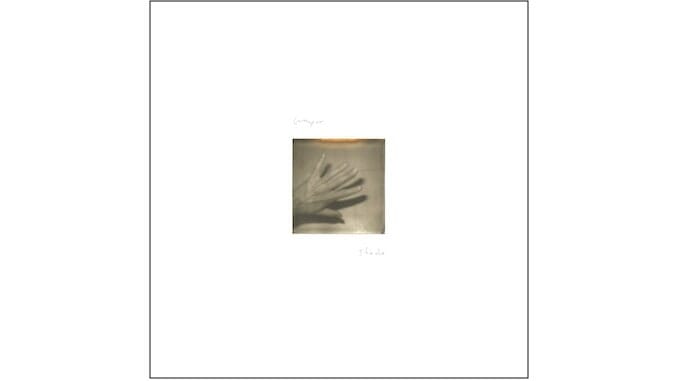On Shade, Grouper Draws from 15 Years of Unreleased Recordings
With its sharp tonal distinctions from track to track, the first Grouper album in three years calls attention to Liz Harris's artistic evolution

Knowing what we’ve come to know about fame, we would do well to consider that the artists we refer to as “reclusive” have probably had it right all along. Today, of course, even people who aren’t “famous” in the classic sense are now prone to sudden surges of attention that destabilize their lives. And yet, as we grapple with the ongoing erosion of the line between public and private, that hasn’t stopped most of us from courting some form of life in the public eye. In this context, the fact that we still know so little about Liz Harris looks more and more like a triumph. At present, Harris’s model for putting out work that garners widespread recognition while she ducks out of sight is starting to look less like an anomaly and more like the only healthy avenue for achieving “success.”
A multi-instrumentalist, DIY-inclined producer who has issued the bulk of her solo work under the pseudonym Grouper, Harris secured more or less permanent critical-darling status with her 2008 breakthrough of sorts, Dragging a Dead Deer Up a Hill. Since then, she’s been able to make optimal use of independent direct-to-consumer channels on her own terms, specializing in limited-run physical media and accessories (like totebags, for instance) that routinely sell out to the people on her mailing list. According to avid vinyl collector Michael Muller of the experimental chamber duo Balmorhea, Harris manages her inventory with the same unpredictability as one would expect from a boutique store owner, at times announcing out of the blue that she’s found a stack of such-and-such release from the past, so the supply is up for grabs until it’s gone.
Of course, Grouper’s music lends itself to precisely the kind of introverted presentation that Harris has been able to sustain since making her full-length CD-R debut in 2005. Though keyboards, piano, guitar and Harris’s own voice have always been central to her work, her trademark has been to engulf those sounds so the overall atmosphere—not so much the instrumentation—occupies the spotlight. On any given Grouper release, the clarity of the individual parts tends to get washed out in a thick blanket of whatever sonic element is most prominent in the mix, be it volume saturation, reverb or other effects. Harris has intentionally tilted the balance from release to release, to the point where her catalog runs the gamut from lo-fi shoegaze/dream pop and experimental folk to ambient drone, field recordings and out-and-out noise.
All along, Harris has cultivated a sense of mystery that’s worked to enhance the music, with listeners benefitting from the luxury of getting lost in the sound almost the same way one finds oneself swept up in the fogginess of a dream. A ghost of a presence even in her own tunes, Harris brings an undeniably human touch to her work, but refuses to tint the experience for us with any knowledge of who she is. Artists, after all, have never owed us that. Here and there, however—when she’s opted for sharper fidelity—Harris has come forward from behind the haze and resembled something close to a traditional singer/songwriter, with lyrics you can actually understand. She’s toyed with these contrasts in the past, switching from bursts of fuzz to recognizable “songs,” for example, on 2013’s The Man Who Died in His Boat, but her releases have typically been unified by an overarching timbre that pervades every track.
-

-

-

-

-

-

-

-

-

-

-

-

-

-

-

-

-

-

-

-

-

-

-

-

-

-

-

-

-

-

-

-

-

-

-

-

-

-

-

-








































